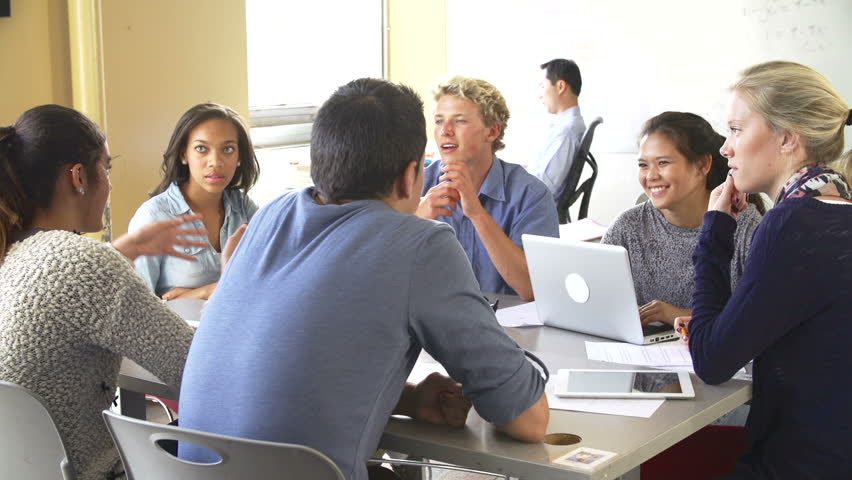
In 2011, I went to visit Singapore with a group called the National Leaders of Education. I had some preconceptions about the Singapore education system and expected to find earnest students and high-fliers following a strictly controlled national curriculum. During the visit, I observed both Primary and Secondary practice.
My first surprise was when I watched a keenly fought game of basketball in a primary school and was stunned by their skills and expertise. I realised that I had been expecting them to focus almost exclusively on core subjects, maths, literacy and STEM, and had not considered that the same high expectations and expert teaching would extend to the sports field as well.
My second surprise was that the children all seemed to be happy, in some ways happier than their UK counterparts, despite working in a pressurised environment.
My observations were that their education system is underpinned by a holistic approach—similar to the principles of the Growth Mindset where hard work and dedication are viewed as the way to build talents and skills. This contrasts with Fixed Mindset, which we often come across where children are perceived as being inherently clever or lacking in ability and, while hard work may improve their scores, it will not change their innate ability to maximise their potential and to make a contribution in adult life.
I came to realise that the Singapore schools I visited make a clear distinction between academic and non-academic education, and they teach both. There is an emphasis on developing personal values: respect, resilience, children taking personal responsibility for their actions. They teach them to process information, be critical thinkers, keep themselves safe on social media and to become self-regulating. This, of course, makes them more independent and self-reliant.
I reflected on my experience and indeed went back for a further visit in 2013. Increasingly, I found that these values were just the ones we wanted to inculcate in children during primary school to prepare them for the next stage of their educational journey.